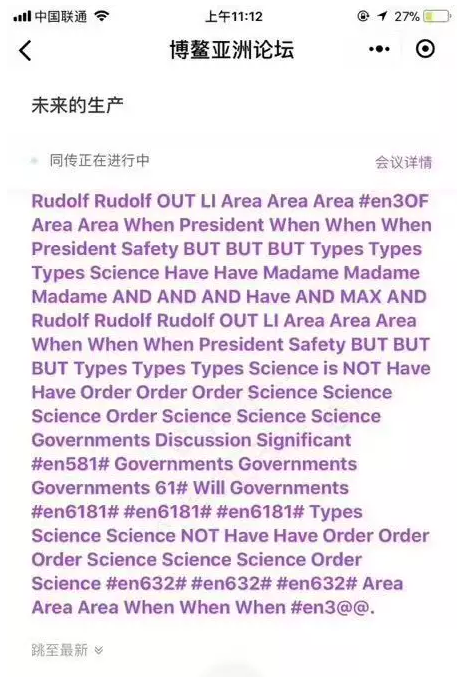Deep learning stumbles again
At least I think that's what happened here. Gita Jackson, "Tumblr's New Algorithm Thinks Garfield Is Explicit Content", Kotaku 12/4/2018:
Yesterday, Tumblr announced that it will ban all adult content starting December 17th. As users logged into their accounts, they have seen that some of their posts now have a red banner across them, marking them as flagged for explicit content. The problem is, a lot of these posts are hilariously far from being pornographic.
It’s pretty clear that these flags are being done based on an algorithm, and the algorithm is finding false positives. Here’s a list of things that got flagged: a fully clothed woman, a drawing of a dragon, fan-art of of characters from the anime Haikyu!!, art from the children’s book The Princess Who Saved Herself that the author of said book posted, a drawing of a bowl of fruit with mouths, a video of abstract blurs, Garfield.
Read the rest of this entry »




